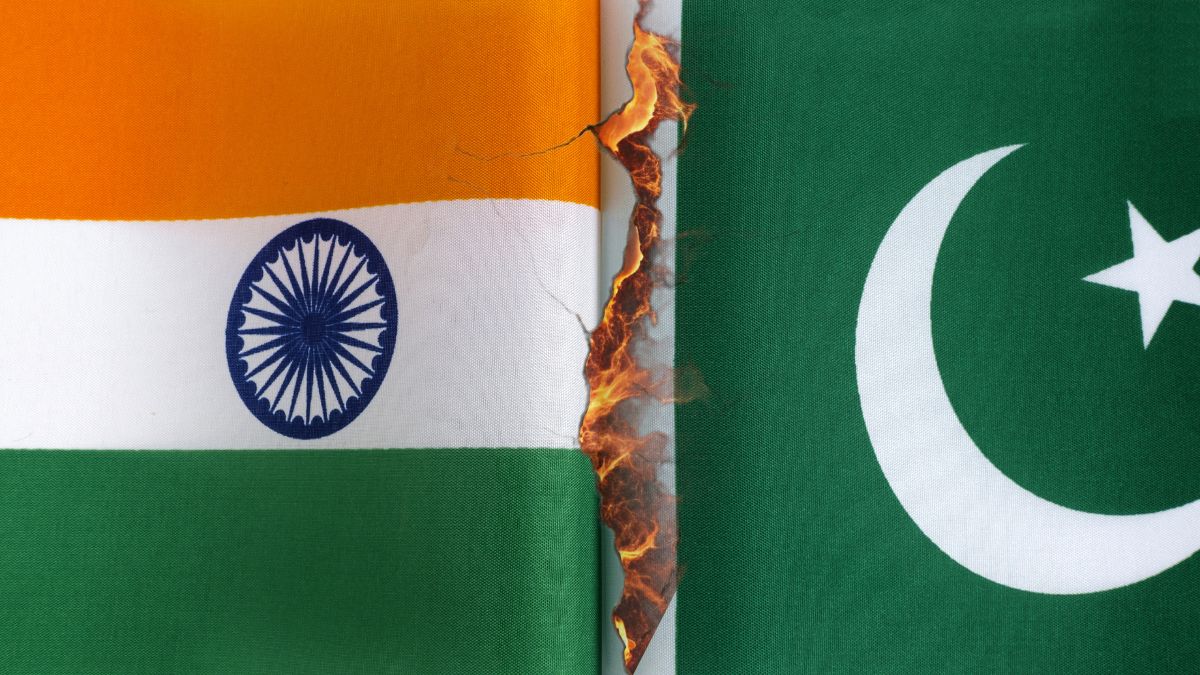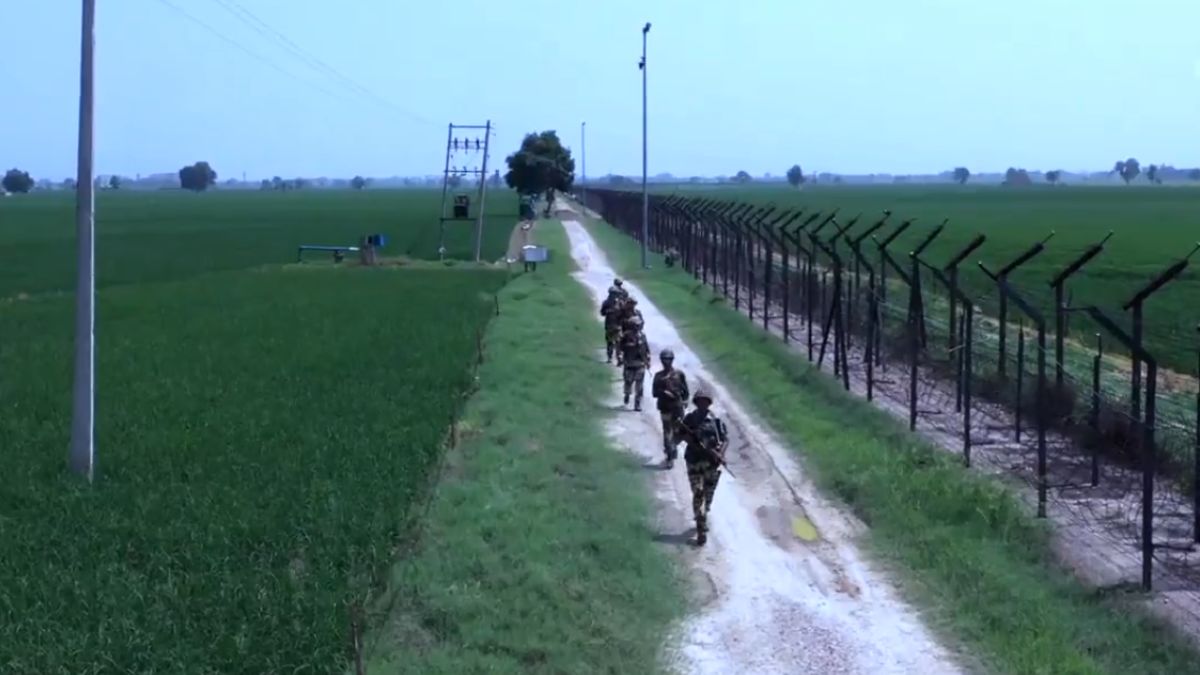Ex-CIA Officer Exposes Pakistan’s Double Face, Explains Why It Will Lose Any Conventional War With India

Former CIA officer John Kiriakou has said Pakistan will lose any conventional war with India. Image courtesy: RNA
India has not only promoted peace but also followed the path always. However, it has never shown restraint when attacked and always responded with a striking response. Whether its is the 2016 surgical strikes after the Uri attack, the 2019 Balakot air strikes or the latest Operation Sindoor, India never shies away from dealing with terrorists.
Over the years, it has been proved that there is no good for Pakistan in fighting with India, and now a former CIA officer has echoed the same view. John Kiriakou has said Pakistan will lose any conventional war with India. Kiriakou, who was in CIA for 15 years and was the chief of CIA counterterrorism operations in Pakistan, made the statement in an interview with ANI.
Recalling his time being stationed in Pakistan in 2002, Kiriakou shared he was unofficially told that the Pentagon controlled the Pakistan nuclear arsenal. “That Musharraf had turned control over to the United States…But the Pakistanis in the intervening years, have come to say that is absolutely not true. The US has nothing to do with the Pakistani nuclear arsenal, that Pakistani generals are the ones who control it,” he revealed.
India-Pakistan conflict: Why any such fight is only bad news for Islamabad?
Former CIA officer Kiriakou noted that “nothing, literally nothing good will come of an actual war between India and Pakistan because the Pakistanis will lose. It’s as simple as that. They’ll lose. And I’m not talking about nuclear weapons — I’m talking just about a conventional war.”
And so there is no benefit to constantly provoking Indians, he stressed.
In another such striking revelation, the former CIA counterterrorism officer laid bare Pakistan’s duplicity during the post-9/11 years, exposing how Islamabad harboured and nurtured terror networks even while posing as Washington’s ally. He called Pakistan a nation torn between two faces – “one trained by the FBI and Sandhurst, and another with long beards who built terror groups like Jaish-e-Mohammed.”
“We captured Lashkar-e-Tayyiba fighters in Lahore who had Al-Qaeda training manuals. That was the first time we could link the Pakistani government directly to Al-Qaeda,” Kiriakou said, exposing Islamabad’s terror nexus that the world chose to ignore.
How Pak nearly dragged the region into war?
Recalling the tense standoff of Operation Parakram in 2002, Kiriakou said the U.S. intelligence community was convinced that India and Pakistan were on the brink of war following the Parliament attack. “Family members had been evacuated from Islamabad. We thought war was inevitable,” he noted, describing how US diplomacy hurriedly intervened to cool tensions.
Kiriakou admitted that Washington’s tunnel vision on Al-Qaeda and Afghanistan blinded it to India’s legitimate security concerns – a mistake that, in his view, allowed Pakistan’s terror machinery to operate unchecked for years.
Kiriakou on India’s global conduct?
Contrasting India’s restraint with Pakistan’s provocations, the former CIA officer praised New Delhi’s “strategic patience” in the face of repeated terror attacks. “India showed restraint after both the Parliament and Mumbai attacks. At the CIA, we called this Indian policy strategic patience. But India can no longer risk that patience being mistaken for weakness,” he noted.
Kiriakou’s remarks underscore how India, despite facing state-sponsored terrorism, has consistently acted with maturity, winning global respect and reinforcing its position as a responsible regional power.
As global alignments shift, Kiriakou observed that nations like Saudi Arabia, that have been long reliant on Pakistani soldiers for protection, are now turning towards India for stronger diplomatic and defence partnerships. “We’re seeing a transformation in how the world operates. The Saudis are hedging their bets and improving relations with China and India,” he noted.







